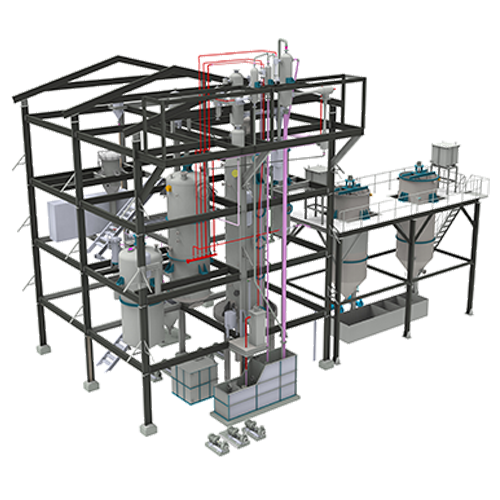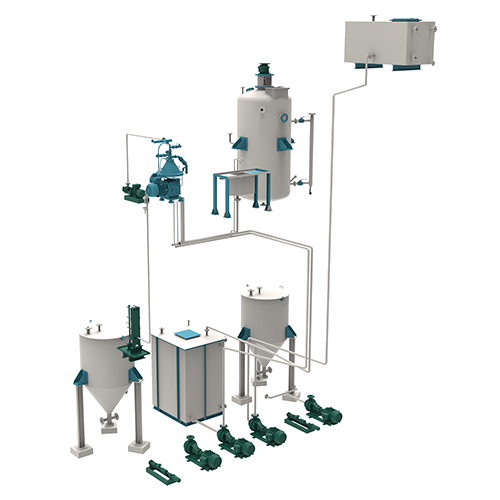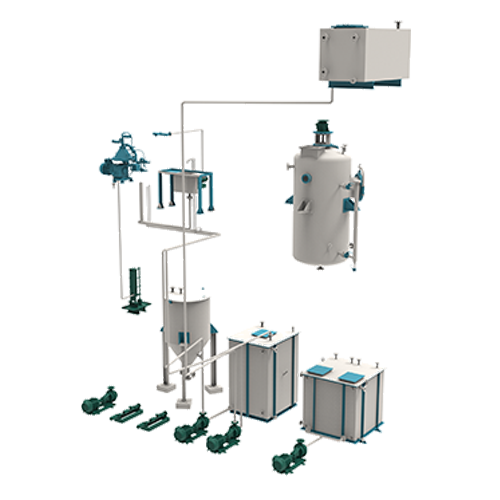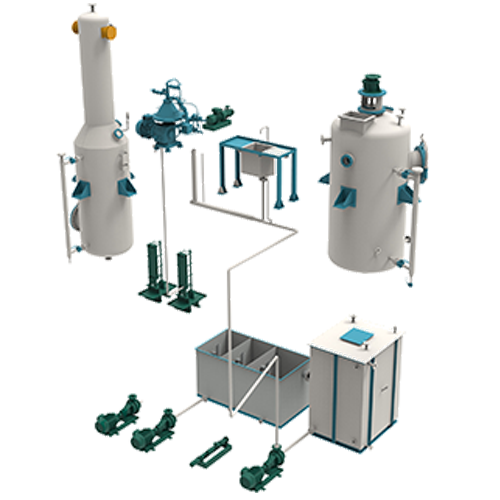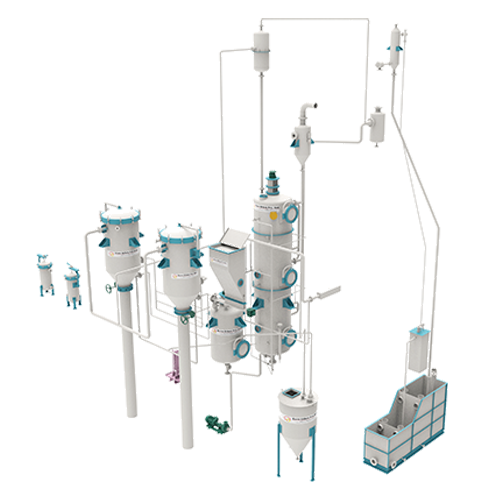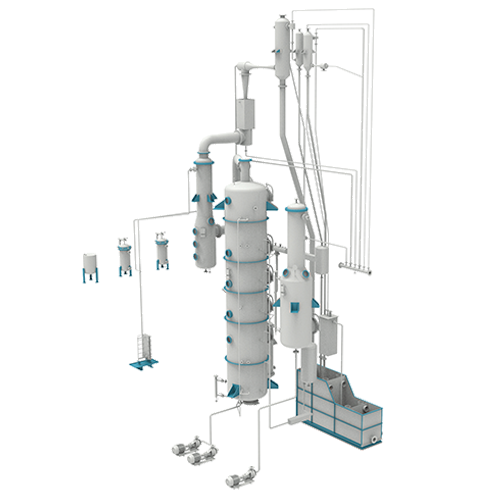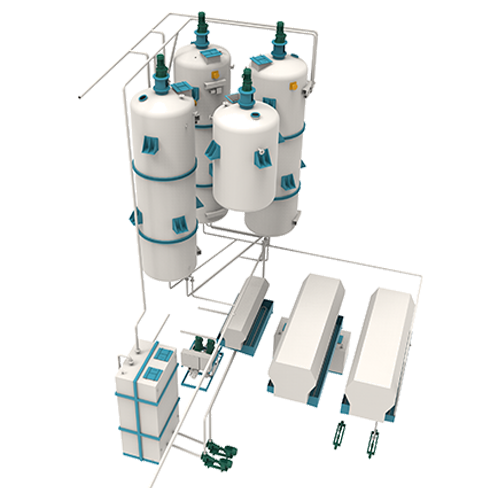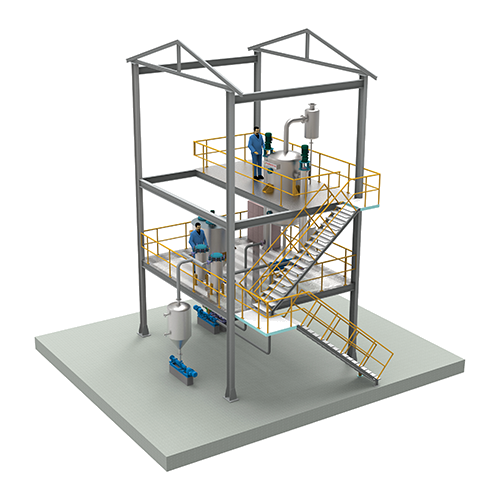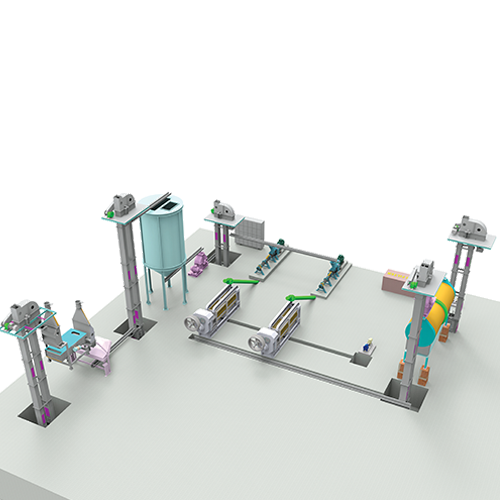Edible Oil Refinery Technology
FERRO OILTEK offers state-of-the-art edible oil refinery technology, engineered for superior oil quality, efficiency, and sustainability. Our advanced refinery plants are designed to refine oils to the highest standards, ensuring optimal taste, stability, and purity. FERRO basically provide smart option of refinery based on economic feasibility, as follows,
A. Batch Refinery
B. Continuous Refinery
Key Features:
1. Comprehensive Refining Process
2. Advanced Automation & Control
3. Energy-Efficient Design
4. Customizable for Diverse Oils
5. Eco-Friendly Waste Management
FERRO OILTEK’s edible oil refinery technology combines cutting-edge design with operational excellence, delivering high-quality, cost-effective, and environmentally responsible oil refining solutions.
Processes :
- FX-Degumming
- FX-Neutralization
- FX-Washing & vacuum Drying
- FX-Miscella Distillation
- FX-Decolorization
- FX-Dewaxing/ Fractionation
- FX-Deodorization


